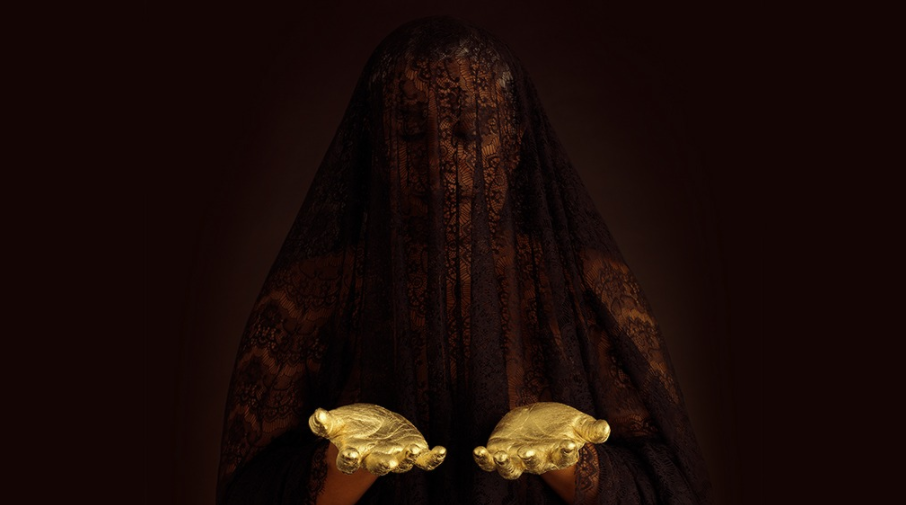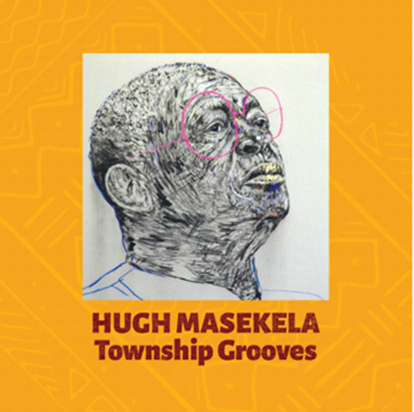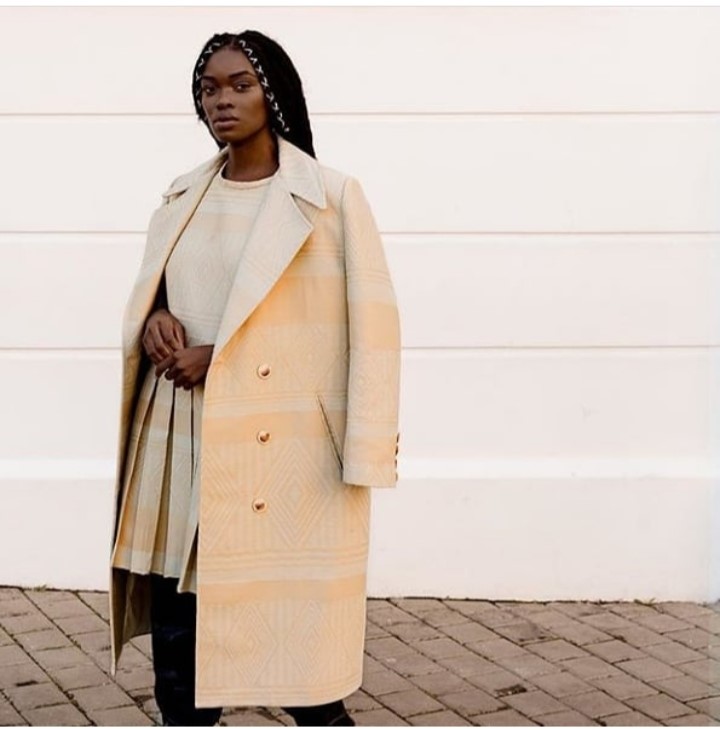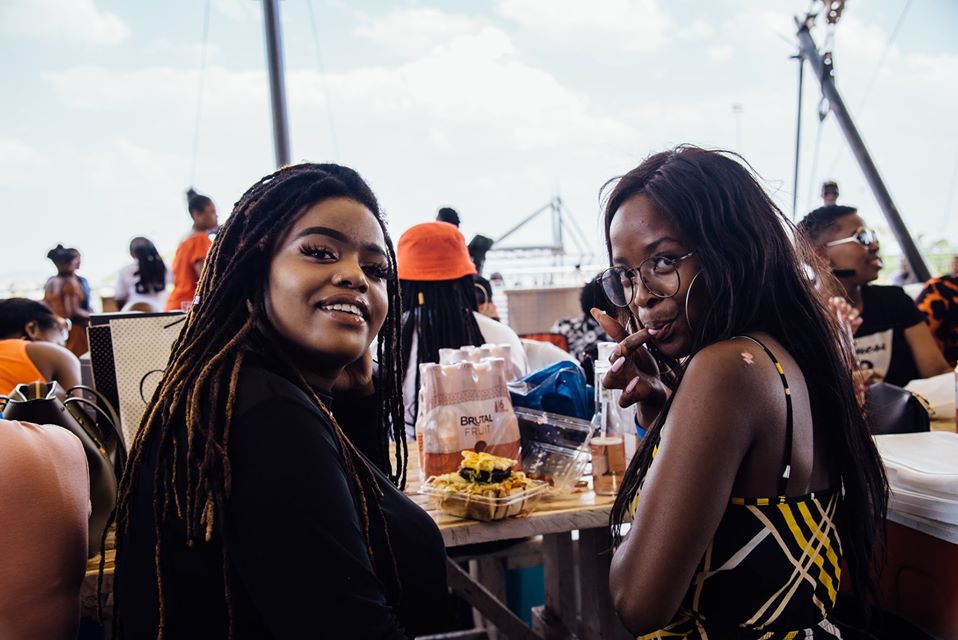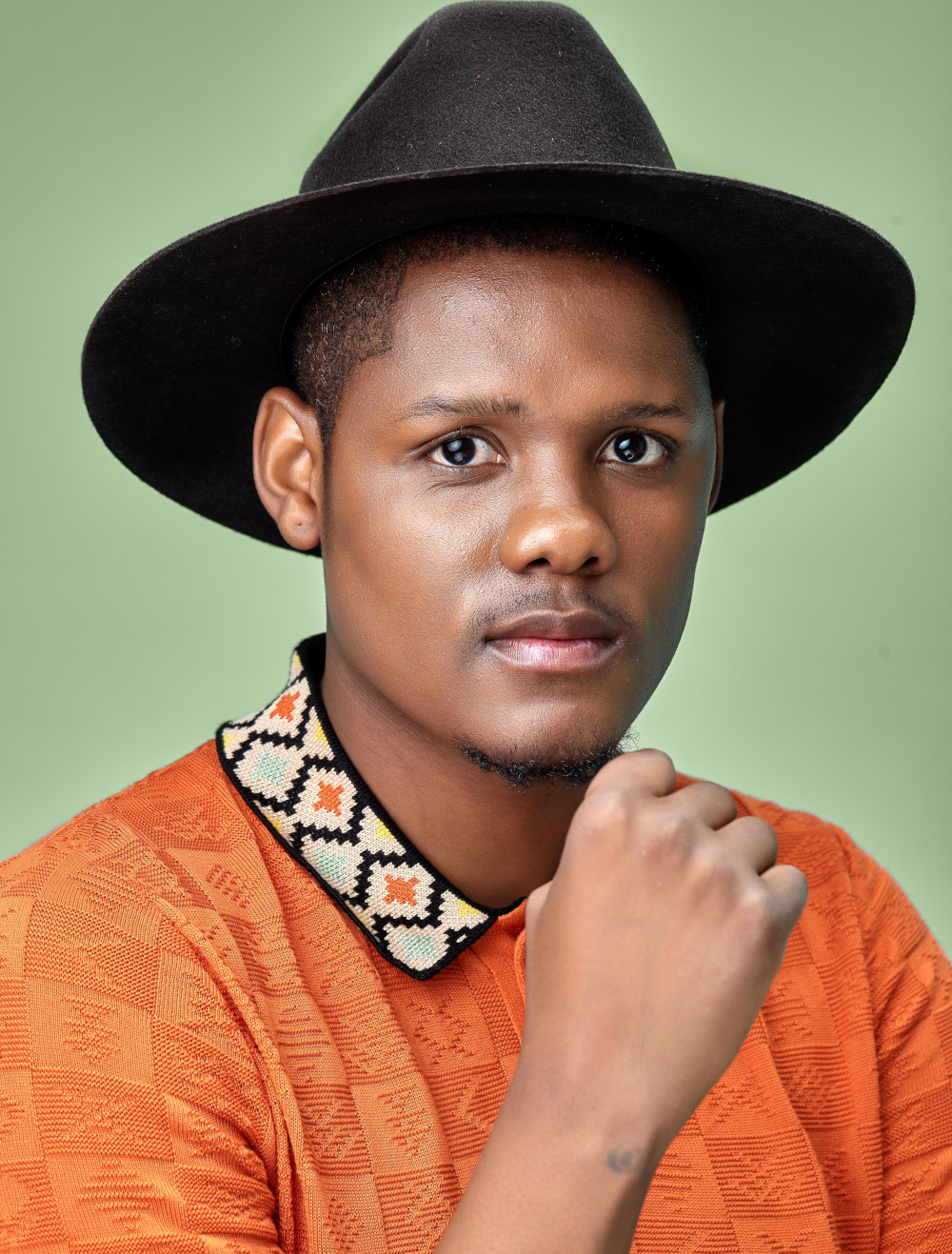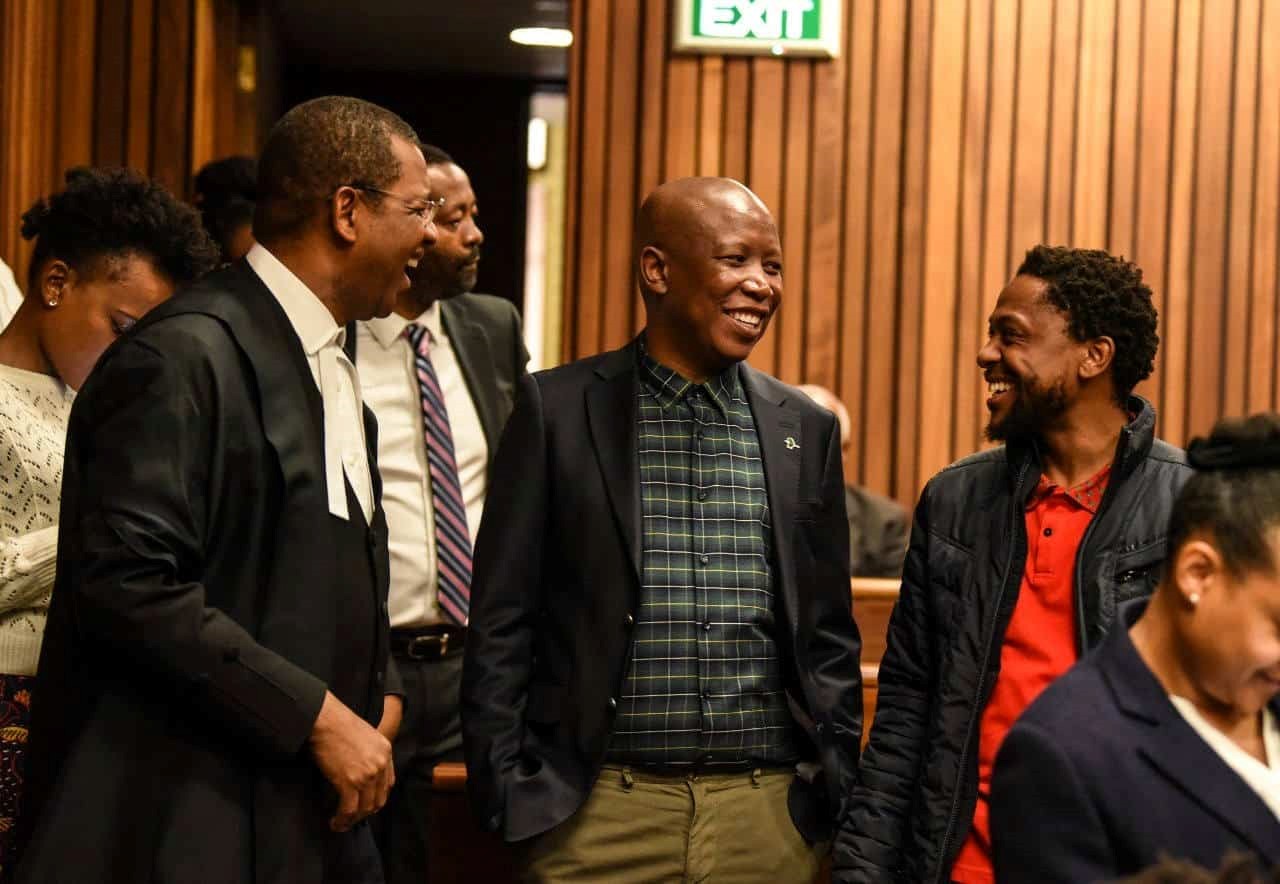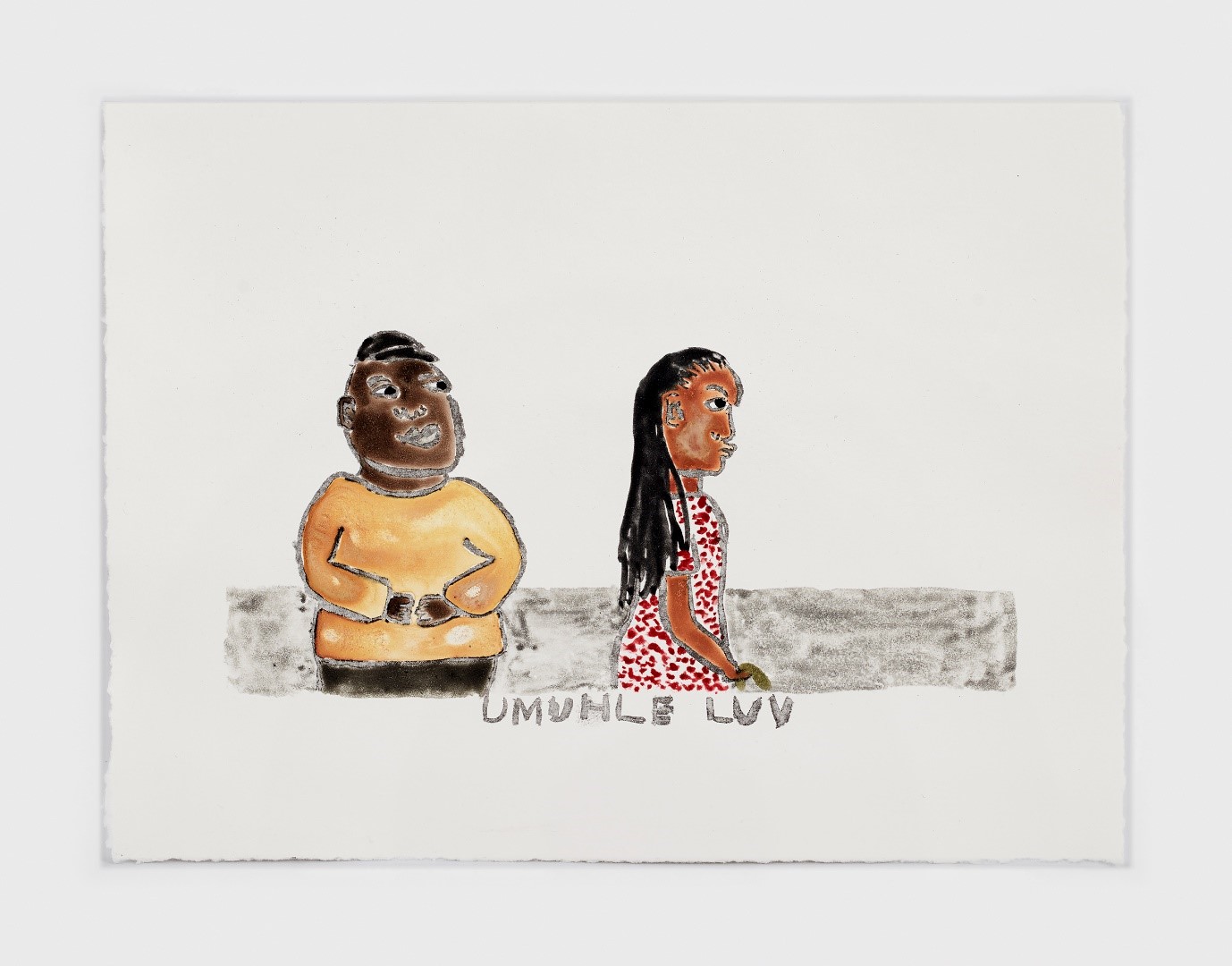Contemporary Female Identities in the Global South (16 September 2020 – 30 January 2021) explores multiple constructions of female identities by five women artists, Bharti Kher (India) Nandipha Mntambo (South Africa) Wangechi Mutu (Kenya/USA) Shirin Neshat (Iran/USA) and Berni Searle (South Africa) whose practices are embedded in the Global South. This exhibition proposes a realm in which these subjects explore worlds of their own choosing, in which they might be mother, martyr, warrior or hybrid.

The exhibition is divided into three areas or worlds. The first is configured around the Fall, a realm where the natural and human worlds meet. The animal-human hybrid figures represent the second world of the exhibition. Hybridity refers to the mingling of species, races or cultures, a crossing of one thing with another. These figures are both abject and beautiful. This uncomfortable ambivalence is meant to provoke a response in the viewer, who must consider the relationship between themselves and other, different subjectivities. In the third world of the exhibition, the viewer is reminded that the body is real and embedded in race, religion and identity. The exhibition design presents three other-worldly or dream-like spaces, connected by metaphorical ‘bridges’ that nonetheless draw attention to the constructedness of the exhibition environment. Lorraine O’Grady expresses this conceptual framework of identity bridges:
“Because I was raised by West Indian parents in one of the most traditional areas of New England culture, Boston’s Back Bay, my childhood placed me at a distance from wherever I stood and required me to always build a bridge to some other place. One had to be several things at once
…both Caribbean and New England, both African American and West Indian, both black and white … and to daily negotiate the differences …
“The significance of an exhibition of black women artists in the context of current world events is more relevant than ever,” says Clive Kellner, the Executive Director of JCAF and curator of the exhibition; as “issues of race and gender have become so politicised and polarised, hybridity may represent a productive line of enquiry for understanding our national, communal and individual identity formations.”
About JCAF
JCAF is a foundation dedicated to research, technology, and art. As a hybrid institution, JCAF combines an academic research institute, an innovative technology laboratory, and a platform for museum-quality exhibitions. JCAF is a non-collecting foundation, which does not own art or house a private art collection. JCAF curates its programmes according to a three-year theme, the first being Female Identities in the Global South. Our ethos is to advance the appreciation of modern and contemporary art through the production, sharing, and preservation of knowledge.
One of the unique aspects of JCAF is its approach to exhibitions, which proposes a personal, self-curated encounter between the visitor and the artwork. Our aim is to slow down the experience of looking at and engaging with art, so as to instil an approach to viewing art that is reflective rather than consumerist. This is supported by an app that utilises beacon location technology (BLE) to push contextual content about the artist and artwork to a viewer’s mobile device. We want to move away from the spectacular approach of museums with large visitor numbers to one of personal exploration and engagement with art.

